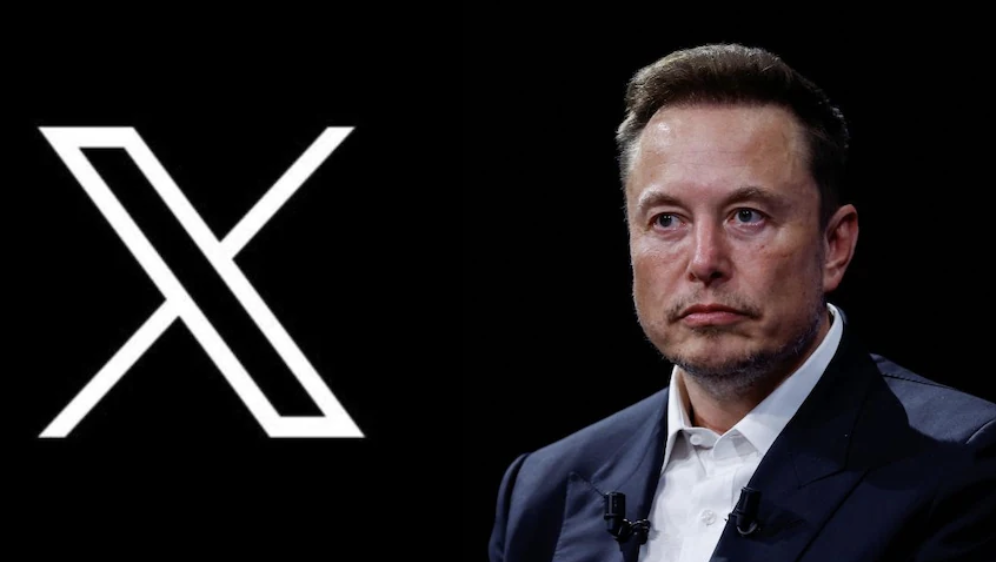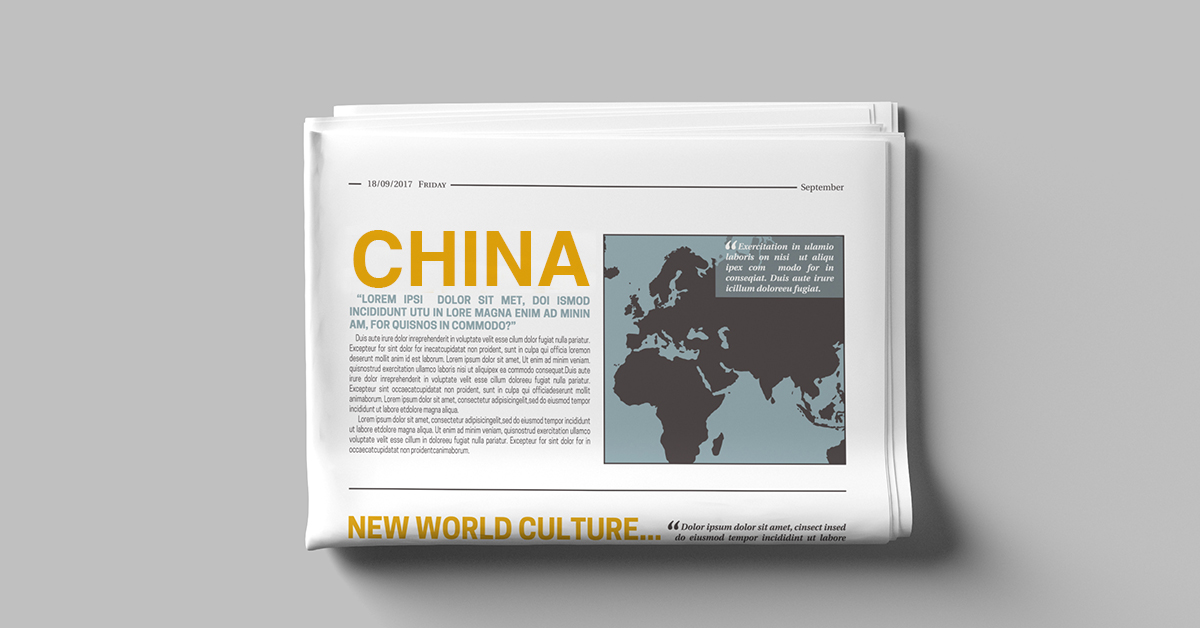China launches $70 billion program for tech industry
China’s central bank announces a 500 billion yuan re-lending program aimed at supporting the science and technology sectors. The initiative, facilitated through 21 banks, offers loans to small and midsize tech companies at a favorable interest rate of 1.75%. Loans, extendable twice for up to a year each, aim to bolster liquidity and instill confidence in the economy amidst challenges such as a property crisis and trade tensions.
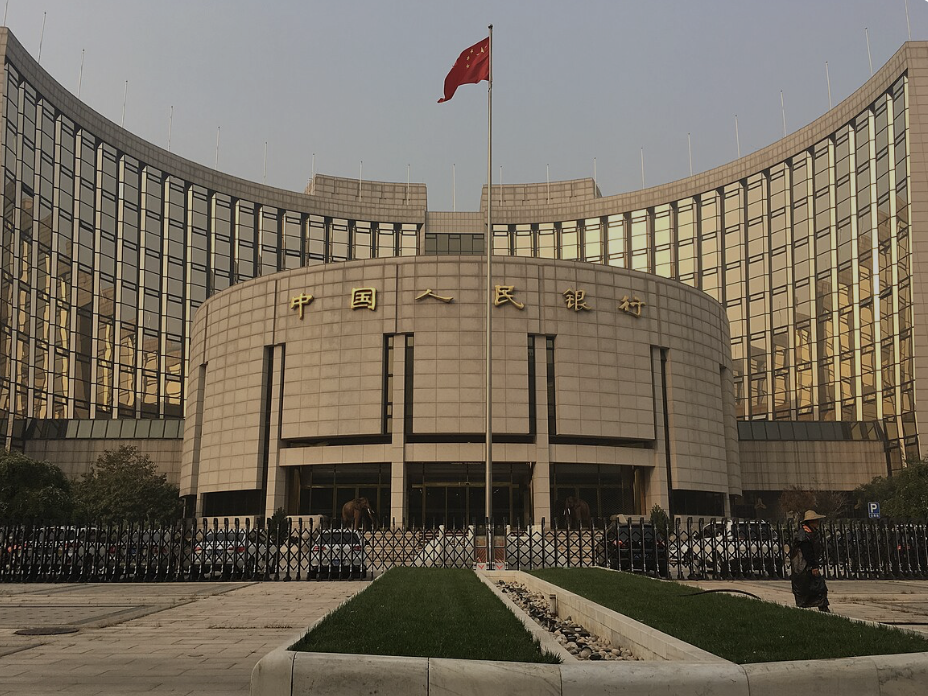
Chery becomes first Chinese EV maker to establish plant in Vietnam
Vietnam’s trade ministry announced that automaker Chery has inked a joint venture deal with a local company, Geleximco, to establish an $800 million plant in Thai Binh province. This marks Chery as the first Chinese electric vehicle manufacturer to set up a facility in Vietnam. The plant, with a capacity of 200,000 vehicles annually, will produce Chery’s OMODA and JAECOO electric models, with the first phase slated for completion by Q1 2026.

US intensifies efforts to halt China’s chip access
The Biden administration is ramping up efforts to restrict China’s access to advanced chips and chipmaking equipment, pushing allies like the Netherlands, Japan, and South Korea to tighten controls. Washington is urging the Netherlands, home to ASML, a key chipmaking equipment manufacturer, to cease servicing Chinese-owned equipment. ASML’s machines play a vital role in chip production, with China being a significant market. Meanwhile, Chinese firms are striving to develop domestic chipmaking technologies amid escalating tech restrictions imposed by the West.

Intel reports $7 billion loss in chipmaking unit
Intel revealed a significant increase in operating losses for its foundry business, reporting $7 billion in losses for 2023 compared to $5.2 billion the previous year. The chipmaker’s revenue from the manufacturing unit also plunged by 31% to $18.9 billion. Intel’s shares dropped by 4.3% following the disclosure. CEO Pat Gelsinger attributed the losses to past decisions, including the avoidance of extreme ultraviolet (EUV) machines from ASML, leading to increased outsourcing to firms like TSMC. Intel aims to break even by 2027 and is investing $100 billion in chip factories to bolster its competitive position.
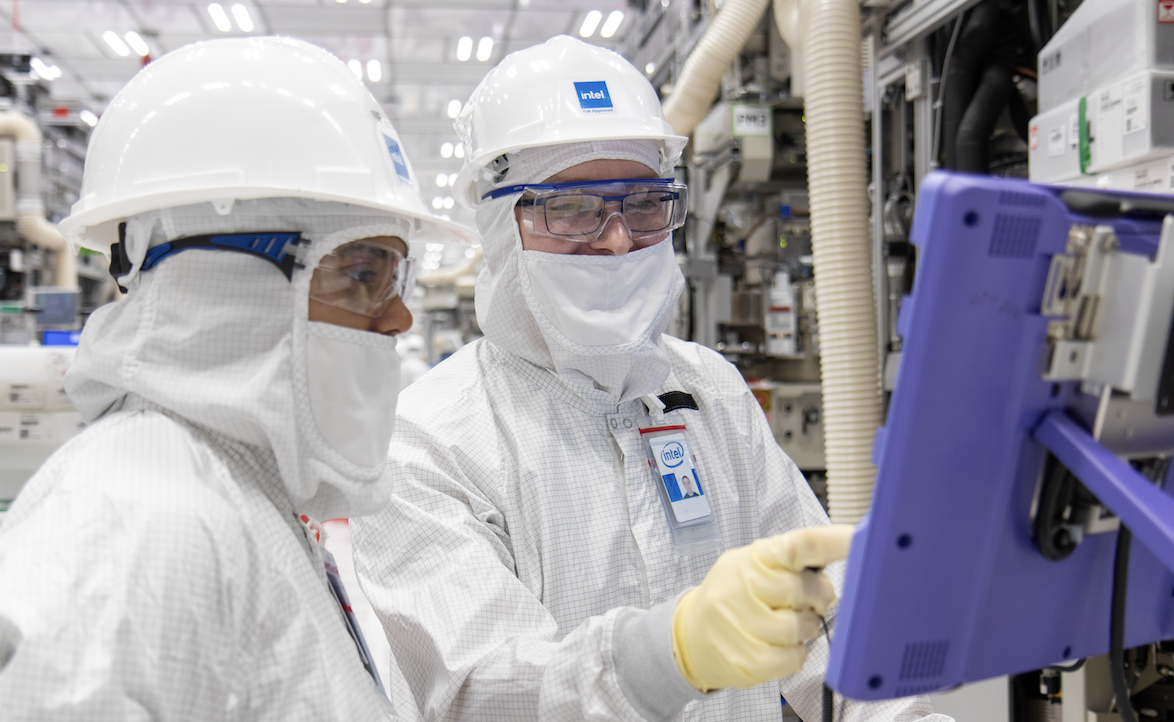
Polar Night Energy’s sand battery secures €7.6 million in funding
Polar Night Energy, a Finnish startup, is revolutionizing district heating with its innovative sand battery technology. The company has secured €7.6mn in funding to scale its operations, with plans to build a sand battery capable of heating the town of Pornainen for up to a month on a single charge. The sand battery works by storing renewable energy in heated sand, which can then be discharged to warm water in the district heating network. This sustainable solution, using readily available materials like crushed soapstone, offers significant advantages over lithium-ion batteries in terms of simplicity, longevity, and storage capacity. While primarily suited for heating applications, sand batteries represent a promising addition to the energy storage landscape, particularly for towns with abundant renewable energy resources.
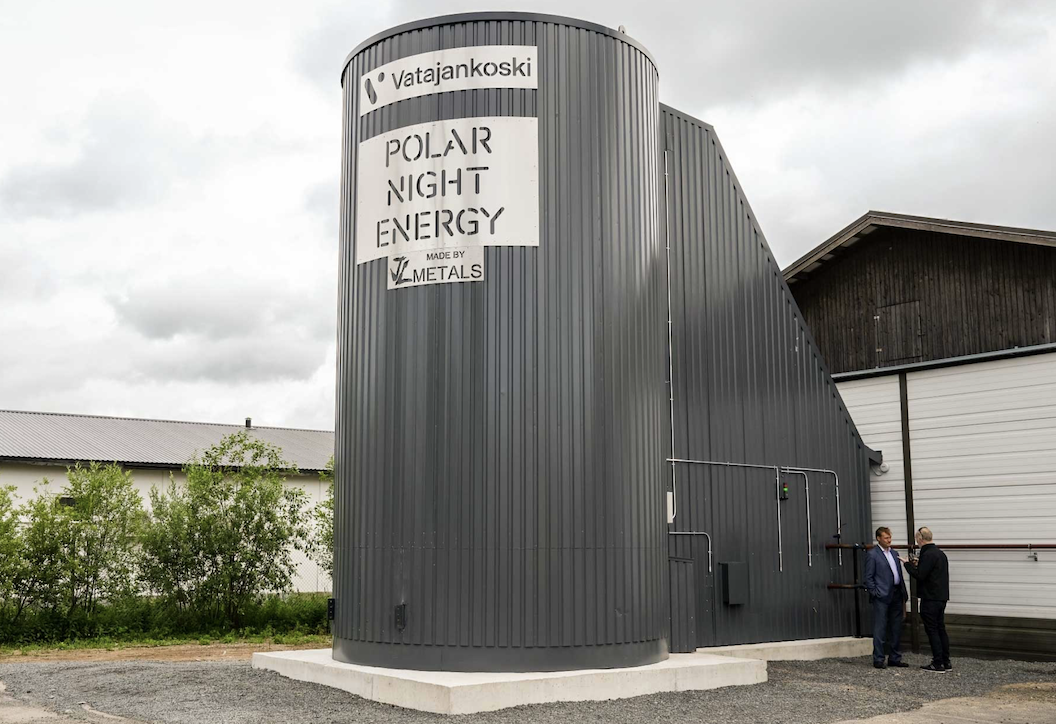
Tesla’s quarterly sales decline for the first time in nearly four years
Tesla’s first quarterly delivery decline in nearly four years, coupled with a miss on Wall Street estimates, prompted a 5.2% stock drop, wiping out $30 billion in market value. The company’s shift towards slower growth in 2024 faces challenges from high interest rates and intensified competition in China. Oversupply signals potential demand issues, fueling concerns about Tesla’s long-term outlook. As rivals like BYD and Xiaomi gain traction, Tesla’s struggles underscore broader industry dynamics. Despite CEO Elon Musk’s long-term optimism, analysts view the quarter as a significant setback, impacting both Tesla and the broader EV market sentiment.
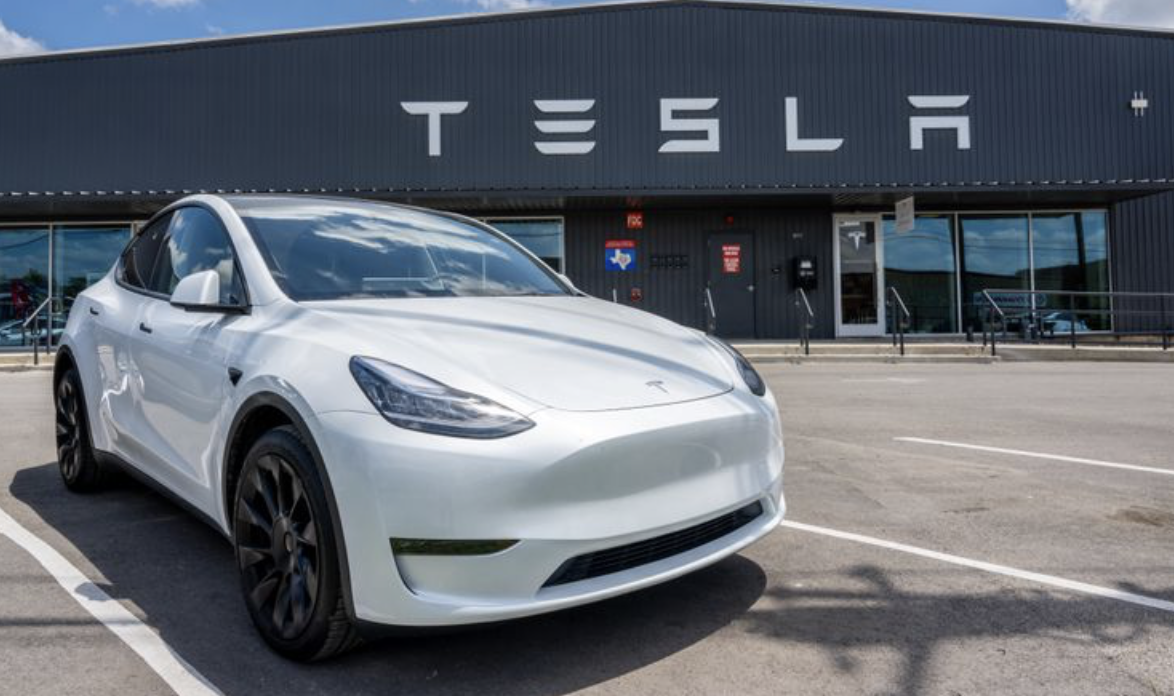
Brazil starts investigation on Elon Musk and X
A conflict between Elon Musk and Brazil has escalated as a Supreme Court judge initiated an inquiry into the billionaire’s actions regarding social media accounts on X, formerly known as Twitter. Musk, advocating for free speech, challenged the court decision ordering the blocking of certain accounts, deeming it unconstitutional. The dispute centers on accusations of spreading fake news and hate messages, with Musk accusing the judge of betraying Brazil’s constitution. The judge responded by adding Musk to a fake news investigation and imposing a fine of 100,000 reals ($19,740) per day on X for non-compliance.
